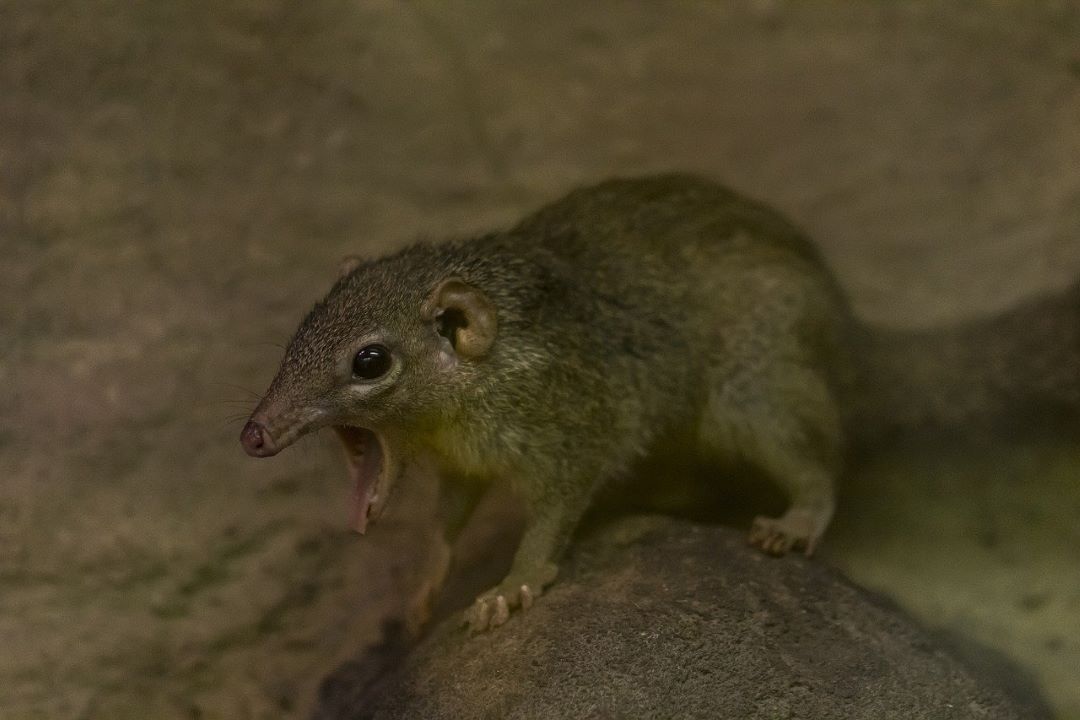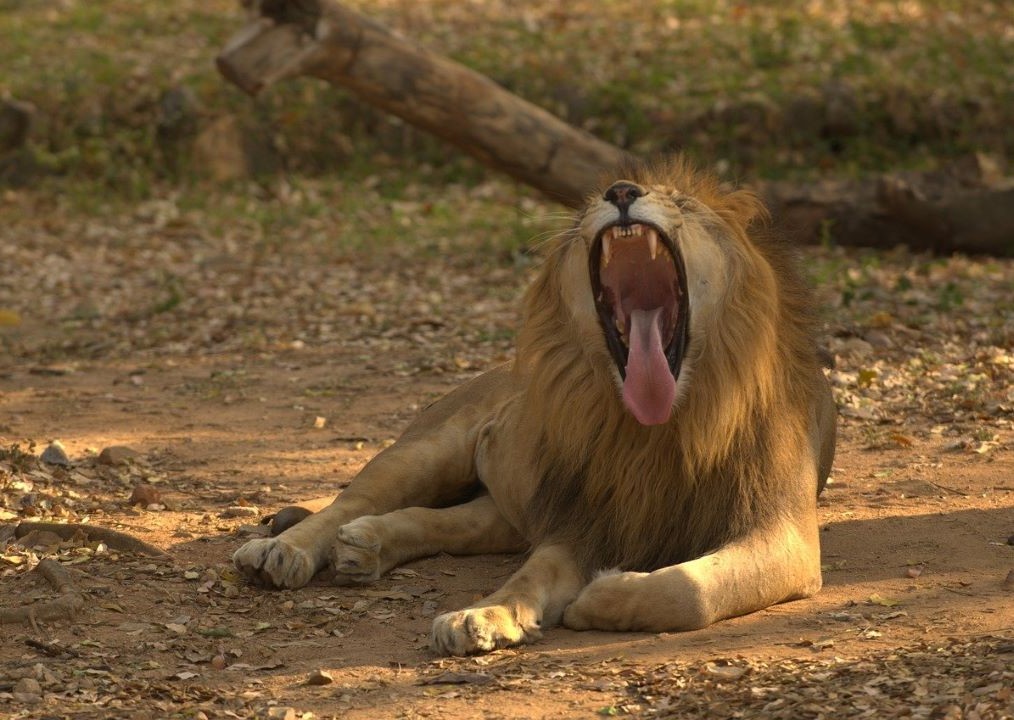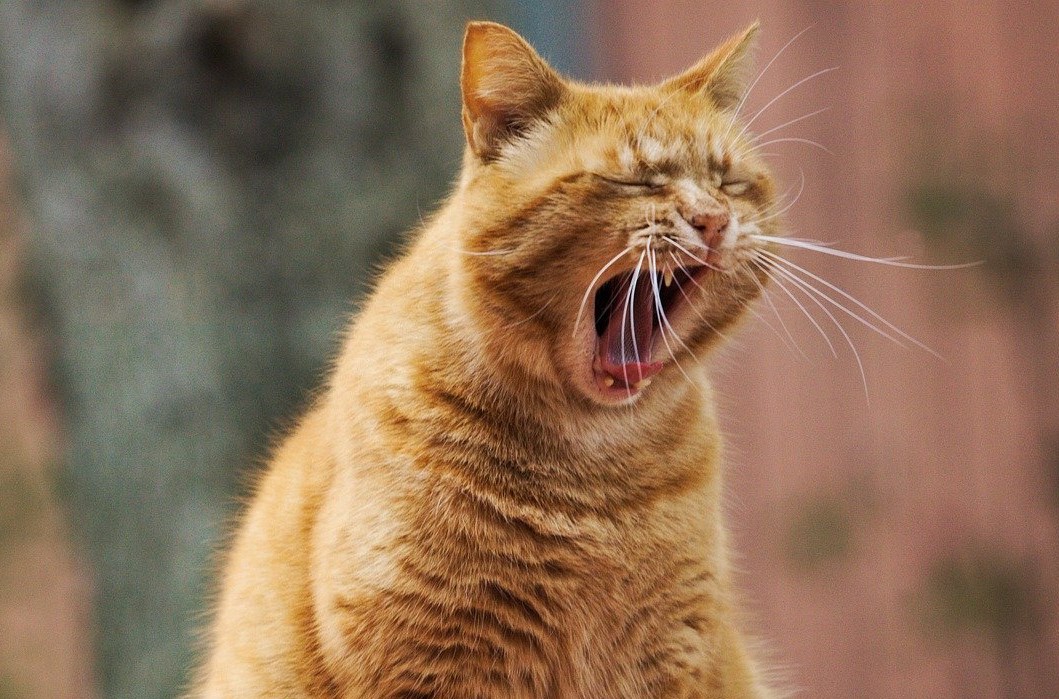There are several theories as to why people yawn – drowsiness, boredom, or the need for oxygen. Humans and other mammals, birds, and reptiles yawn, including. In addition, research by Dutch scientists has revealed that the time spent yawning is related to the size of the brain.
Yawning Theories
People yawn when they are tired or bored. However, they also yawn during sports or in the office. Although yawning is a common phenomenon, its nature has not yet been satisfactorily elucidated by scientists. In addition, yawning is common not only in humans but also in mammals and birds.

One theory is that people yawn to get more oxygen into their bodies. Yawning is also observed in other vertebrates. Because when yawning, they show teeth – a warning before an attack – some researchers think it’s an evolutionary matter.
Yawning Probably Cools the Brain
Ethologist Jorg Massen from the University of Utrecht in the Netherlands and his collaborators conducted extensive research on yawning. Dozens of mammal and bird species were included in the research. In total, they analyzed nearly 1,300 yawns recorded in zoos and from online sources.

Their research showed that mammals and birds yawn in the same way, and probably for the same reason. At the same time, however, there was also a very interesting connection between the yawning of the species and the size of the brain. The larger the animal’s brain, the longer it yawns.
According to the authors, the conclusions of the research support the hypothesis that yawning is important for the rapid cooling of the brain. The larger the animal’s brain, the longer it has to yawn to cool it. During a similar study in 2016, it turned out that mice yawn for an average of 0.8 seconds, humans 6.5 seconds.
Source: https://www.uu.nl/en/news/the-longer-the-yawn-the-bigger-the-brain, featured image by dexmac from Pixabay















